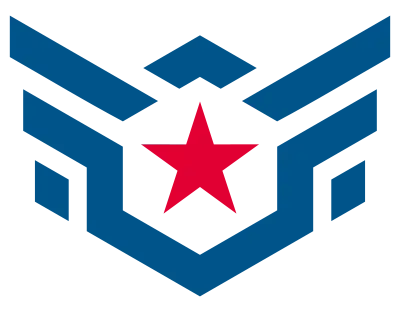
“Jay’s Program” partners with PRIDE Industries for access into County employment
SAN DIEGO — The County of San Diego in partnership with PRIDE Industries, the nation’s leading employer of people with disabilities, on Tuesday hosted its “Jay’s Program” recruitment event to provide individuals with intellectual and developmental disabilities opportunities for six-month, part-time, paid internship opportunities with County of San Diego departments.
The recruitment event was attended by 20 candidates, and they had access to more than 15 individuals from County Departments such as Aging and Independence Services, Department of Child Support Services, Child Welfare Services, Department of Human Resources, Land Use and Environmental Group, and the Office of Emergency Services/Fire Authority. The program exists to help those with intellectual and developmental disabilities improve their job skills and increase opportunities for future employment.
“Individuals with disabilities possess different life experiences and can provide tremendous value to a team,” said Chair Fletcher. “Since we started Jay’s Program, 20 individuals have played integral roles in 20 different San Diego County departments. It has been a successful program, and we are excited to welcome some new Jay’s Program participants to the County.”
Over six months, participants collaborate with County mentors to discuss career goals and craft their program courses. They gain practical work experience for resume development and hone skills and abilities that will qualify them for entry-level civil service jobs. PRIDE Industries’ job coaches provide tailored support to each individual for long-term success. Moreover, twice monthly, interns meet as a group to debrief and share growth milestones.
The initiative went on hiatus in March 2020 because of the COVID 19 pandemic, when non-essential staff members were sent home; however, some of the team members did support the County’s COVID-19 programs.
“I applaud the County of San Diego for its commitment to Jay’s Program and recognizing that an inclusive workforce is a strong workforce,” said Jeff Dern,
President and CEO of PRIDE Industries. “When a large employer like the County employs 20,000 individuals and embraces inclusivity, it leads by example. PRIDE Industries encourages counties throughout the country to implement similar internship opportunities within their regions.”
Annually, there will be four teams with five interns per team. Additionally, PRIDE Industries has partnered with San Diego County to provide disability workplace inclusion training to County staff in a phased rollout.
For over 35 years, PRIDE Industries, formerly operated as Partnerships With Industry (PWI), has provided meaningful employment and training services for people with disabilities in the San Diego region. Funding and individual referrals for the internship program are provided by the San Diego Regional Center (SDRC), which serves and empowers people with developmental disabilities and their families to achieve their goals with community partners.
About the County of San Diego
The County of San Diego provides a wide variety of health, public safety, and community services to residents of 18 cities and a large unincorporated area. The County works toward a vision of a just, sustainable, and resilient future for all 3.3 million San Diegans living throughout the 4,526-square-mile region. Learn more at https://www.sandiegocounty.gov
About PRIDE Industries
PRIDE Industries delivers business excellence with a positive social impact. A social enterprise, we provide facilities operations and maintenance services, custodial services, contract manufacturing, supply chain management, packaging and fulfillment services, and staffing and recruitment services to private and public organizations nationwide. Founded in 1966, PRIDE Industries’ mission is to create employment for people with disabilities. Through personalized employment services, we help individuals realize their true potential and lead more independent lives. PRIDE Industries proves the value of its inclusive workforce model through operational success across multiple industries every day. Learn more at https://PRIDEIndustries.com.
Need employment placement support?

PRIDE Industries is a social enterprise delivering business excellence to public and private organizations nationwide.

